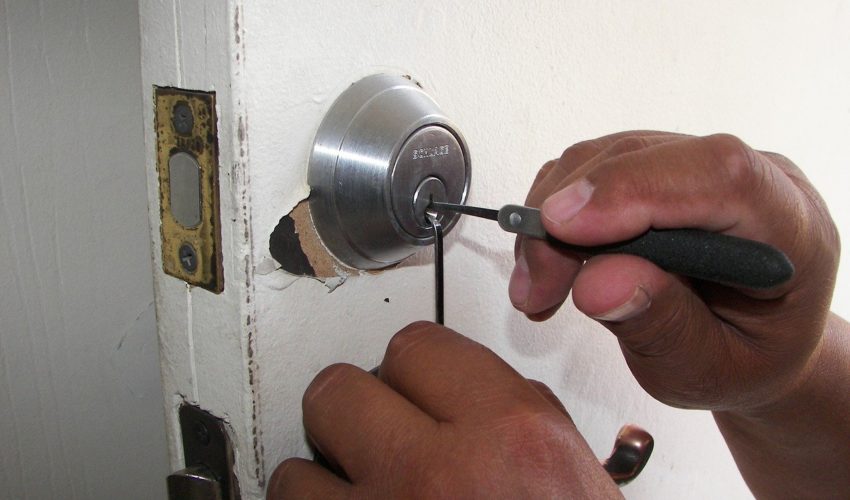Possession claims on commercial premises can often be carried out without notice of the intent to repossess. However, it is vital that this is performed correctly, as it could come back to haunt you if not. On other occasions, you may not want to have the premises empty, especially if you believe it will be difficult to find a new tenant. In such circumstances, the Blackstone team will negotiate and put reliable payment plans in place with the tenant. In this article, possession proceedings commercial property, we take a look at the points to consider and the process involved.
Free Initial Telephone Discussion
For a free initial discussion on how we can advise you on evicting a commercial tenant, get in touch with us today. We will review your situation and discuss the options open to you in a clear and approachable manner. Early expert legal assistance can help avoid the stress of dealing with these issues on your own. Simply call us on 0345 901 0445 or complete our online enquiry form and a member of the team will get back to you.
The impact of Covid 19
The Coronavirus Act 2020 (CVA 2020) came into force on 26 March 2020 and was passed as an emergency measure in response to the spread of COVID-19. It substantially affects the ability of landlords to recover possession. The provisions apply to England and Wales. Section 82 of the act contains protections for business tenancies that restrict the landlord’s ability to forfeit a lease during the relevant period for non-payment of rent. The relevant period began on 26 March 2020 and was due to end on 30 June 2020, but regulations have been made which have extended this period to 31 March 2021 in both England and Wales (as at the time of writing this article).
Civil Procedure Rules Part 55
Claims that are commonly pursued under CPR 55 include:
Possession of property by a landlord after a lease has expired
Forfeiture of a lease.
Relief from forfeiture of a lease.
Trespass. There are some specific modifications to the procedure if the claim relates to trespass.
Gaining Possession of the property
It may be possible to consider changing the locks and taking physical possession as opposed to the use of court proceedings and CPR 55.
However, any person who uses or threatens to use violence to persons or property to gain entry to the property will be guilty of an offence if either of the following apply:
- There is someone present at the property who opposes the re-entry and
- The person attempting re-entry is aware that someone opposes the re-entry.
Consequently, a court order for possession will be needed unless entry can be gained peaceably and in most cases, the safest approach is to obtain a court order for possession.
Demonstrating a right to possession
It is essential that a commercial tenancy has been correctly terminated before the landlord starts a claim for possession and there are various ways the tenancy can be terminated.
End of the rental term
A business tenancy for a fixed term will expire at the end of the contractual term, provided that the tenant does not have a statutory right to a lease renewal under the Landlord and Tenant Act 1954 (LTA 1954). The tenant will not have any right to remain in occupation after the expiry of the contractual term in the following situations:
- The tenancy was contracted out of the LTA.
- The tenancy was not contracted out of the provisions of sections 24 to 28 of the LTA 1954, but the tenant does not satisfy the criteria for a new lease under section 23 of the LTA 1954.
- The LTA 1954 did apply to the tenancy, and either a section 25 notice or a section 26 request was served, but no application to the court for the determination of the terms of the new tenancy has been made within the time limit specified by the LTA 1954
The landlord should notify the tenant that it will require possession at the end of the term and will treat the tenant as a trespasser if the tenant remains in occupation. The landlord should also make sure that no periodic tenancy is created and it is recommended that a rent stop is put in place so that no rent is demanded or accepted after the expiry of the contractual term.
Forfeiture
A landlord cannot forfeit a lease by peaceable re-entry or court proceedings until a Section 146 notice has been served on the tenant (unless there are rent arrears). The section 146 notice must notify the tenant that there are breaches of the lease and, if applicable, give a reasonable amount of time for the breaches to be remedied. The notice must set out clearly what the breaches are and the suggested remedies. Once that reasonable amount of time has expired, the landlord can proceed to forfeit the lease.
A section 146 notice is not required, however, in cases where the ground for forfeiture is non-payment of rent.
A breach of covenant by the tenant merely gives rise to the landlord’s right to forfeit the lease. Forfeiture will not occur until either physical re-entry of the property or the service of court proceedings for forfeiture. Until that point, the landlord can waive its right to forfeit. Once the landlord has knowledge of the breach, it must not do anything that would indicate that it treats the lease as continuing or it may waive the right to forfeit.
Relief from forfeiture
Relief from forfeiture is available to a tenant or any third party with an interest in the lease such as an undertenant or a mortgagee after a landlord has exercised its right to forfeit the lease. The court generally has a wide discretion as to whether to grant relief from forfeiture and if so, on what terms. Generally, the person asking for relief will have to remedy the breach as a condition of relief being granted.
How We Can Help
Our team is well versed in dealing with all the various aspects of commercial property possession proceedings and we are here to help in any way we can. We are able to explain clearly the legal issues and provide open, honest and professional advice.
How to Contact our Commercial Property Solicitors
It is important for you to be well informed about the issues and obstacles you are facing. However, expert legal support is crucial in terms of reducing risk, saving you money and ensuring you achieve a positive outcome.
To speak to our Commercial Property solicitors today, simply call us on 0345 901 0445, or allow a member of the team to get back to you by filling in our online enquiry form. We are well known across the country and can assist wherever you are based. We also have offices based in Cheshire and London.






Leave a Reply
You must be logged in to post a comment.